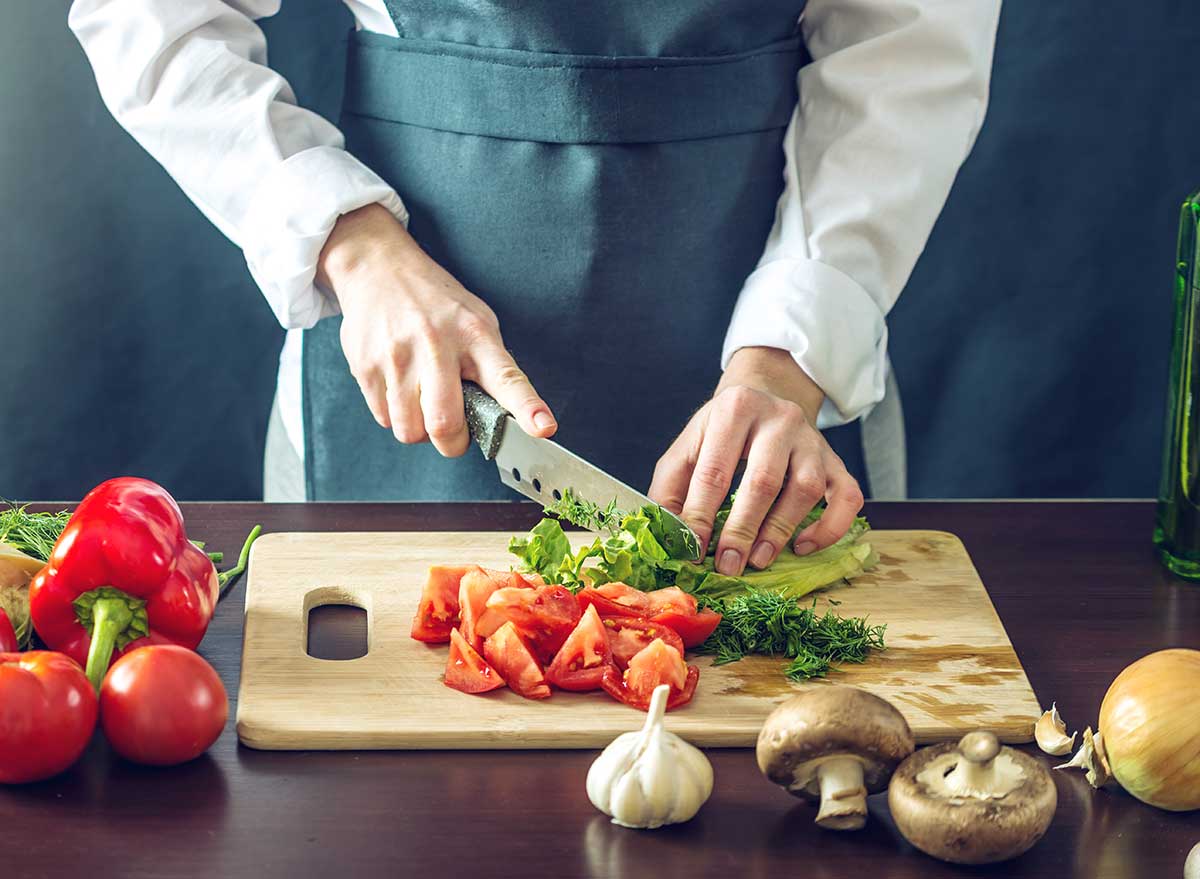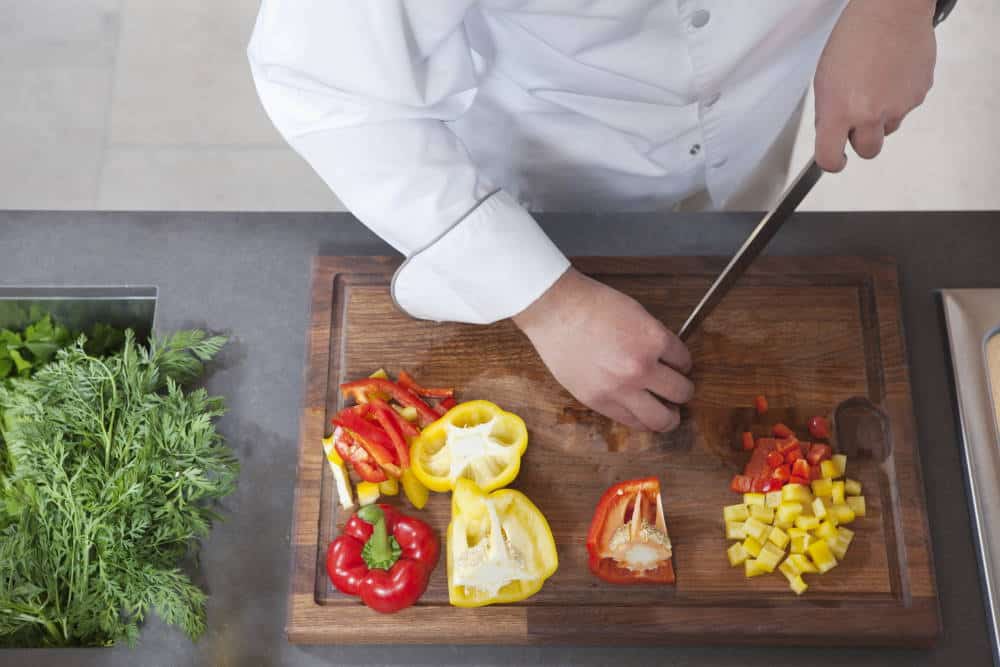What Type of Cutting Board is Safest for Barbecue Enthusiasts?
Written By James MorganWhen it comes to barbecuing, having the right equipment can make or break the experience. However, one tool that often doesn't get enough attention is the cutting board. So, what type of cutting board is safest for your barbecue endeavors?

Importance of Choosing the Right Cutting Board
For barbecue enthusiasts, selecting the right cutting board is more than just a matter of convenience; its a matter of safety, hygiene, and efficiency. The right cutting board can help prevent cross-contamination and ensure a smooth, enjoyable cooking experience. Having the appropriate cutting board will significantly enhance your preparation process and add to the overall quality of your barbecue session.

Types of Cutting Boards
Wood Cutting Boards
Wooden cutting boards are classic choices for many home cooks. They're aesthetically pleasing and durable. However, not all woods are created equal. End-grain wooden boards are generally considered safer as they are easier on knives and less prone to developing grooves that can harbor bacteria. Learn More
Plastic Cutting Boards
Plastic cutting boards are a popular choice due to their ease of cleaning. They are dishwasher safe, which provides an added layer of sanitation. However, they can develop grooves over time, which might become a breeding ground for bacteria. Read More
Bamboo Cutting Boards
Bamboo is often touted as a sustainable alternative to traditional wood cutting boards. However, they can be quite hard on your knives. They are more resistant to water, making them less likely to warp over time. Learn More

Factors to Consider When Choosing a Cutting Board
Material Safety
Each type of cutting board material has its own pros and cons when it comes to safety. Bacterial contamination and knife damage are two primary concerns. For example, while wooden boards are known to keep knives sharper, they can also be more challenging to sanitize compared to plastic boards.
Size and Thickness
The size and thickness of your cutting board can also influence its safety. A larger surface area helps to ensure that all ingredients have enough space during preparation, reducing the risk of cross-contamination.
Maintenance
The ease of maintenance is another factor to consider. Plastic boards may be easier to clean, but wood boards require oiling and other upkeep. Bamboo boards also need regular care but are more resilient compared to traditional wood.

Expert Tips for Barbecue Enthusiasts
To guarantee your chopping board remains safe for use, make sure to adhere to the following tips:
Regular Cleaning
Ensuring that you regularly clean your cutting boards will go a long way in maintaining their safety. It's advisable to use hot soapy water for cleaning and to disinfect with a vinegar solution. Read More
Proper Storage
Store your cutting boards in a dry, well-ventilated area. Moisture can lead to bacterial growth, especially in wooden boards. Learn More
Dedicated Boards
Having separate cutting boards for meat and vegetables can help prevent cross-contamination, which is particularly crucial for barbecue enthusiasts who handle raw meats.
Conclusion
So, what type of cutting board is safest? The answer lies in understanding the specific needs and habits of the user. For barbecue enthusiasts, its essential to have a cutting board that balances hygiene, safety, and practicality. Whether you opt for wood, plastic, or bamboo, each type has its unique benefits and drawbacks. Remember, regular maintenance and proper usage are key to maximizing the safety of any cutting board. Learn More
Frequently Asked Questions
Q: How Often Should I Replace My Cutting Board?
A: It depends on the material and how often its used. Signs of deep grooves and excessive wear suggest its time for a replacement.
Q: Can I Use the Same Cutting Board for Meat and Vegetables?
A: To prevent cross-contamination, its advisable to have separate boards for meat and vegetables.
Q: Whats the Best Way to Sanitize a Cutting Board?
A: For wooden boards, use vinegar or a diluted bleach solution. Plastic boards can be cleaned in the dishwasher for effective sanitization.
As an Amazon Associate, I earn from qualifying purchases.



